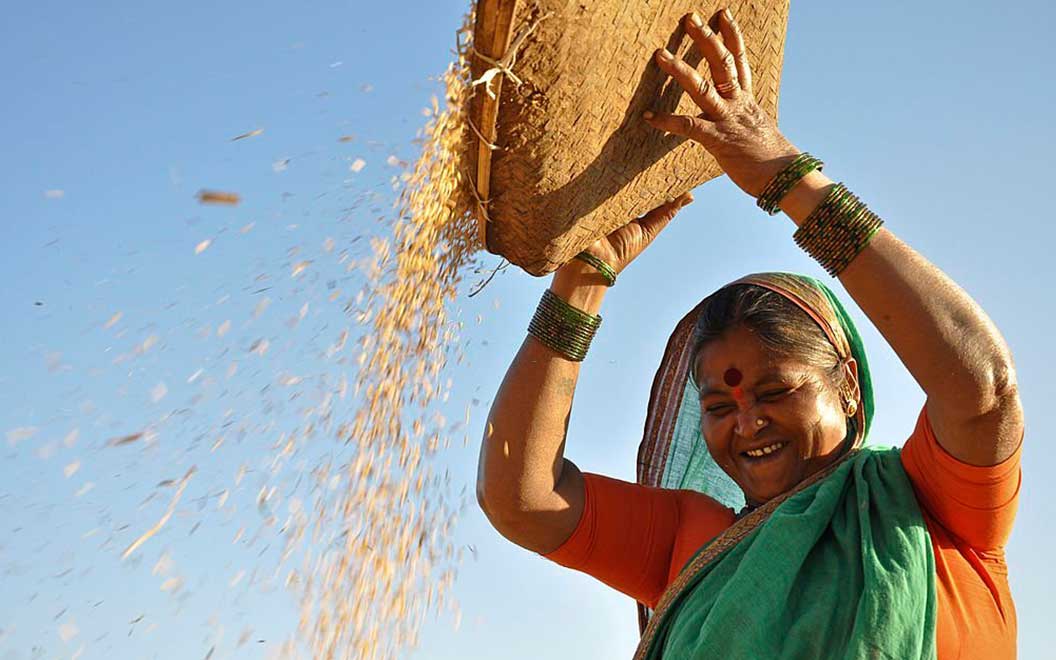The Banswara state in India has recorded new sources of livelihoods and has brought food security to indigenous tribal communities as a sustainable natural farming system has been adopted in southern Rajasthan’s Banswara district.
A twenty (20) member committee of the council visited Banswara district, Amlipara village to study the techniques and innovations which have enabled the farmers to meet their basic food necessities by growing fruits and vegetables at a low cost. The Chief Minister for Economic Transformation Advisory Council said he is impressed and stated that “The model is being considered for replication elsewhere in the state.” According to the council, the integrated system has reduced the tribal dependence on market and improved nutritional status of the local population.
The team members of the member committee interacted with the farmers and urged them to continue developing the sector so as to create more employment opportunities for others as well. They particularly evinced interest in the functioning of the community-managed seed system, which has facilitated diversification of crops.
According to them, the model entails adoption of organic farming, manure, medicines and pesticides and establishment of vermicompost units at agricultural fields. This locally prepared organic manure is used for growing maize, wheat, urad and other crops. Banswara-based Vaagdhara Group has recognized the important areas of intervention which might assist guarantee availability of food all year long. The organization is ready to engage in participatory learning and action plan for sustainable development of natural resources like soil, land, water, vegetation and livestock.


Comments are closed.